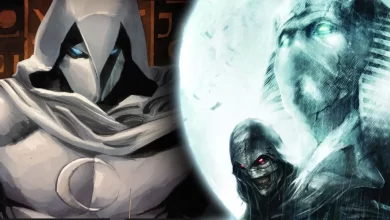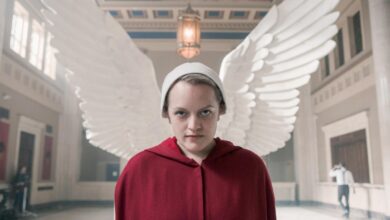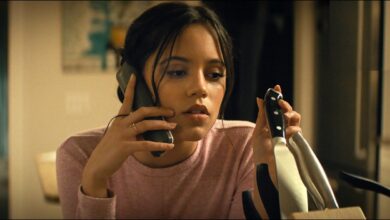The Last of Us Season 2 Episode 6: Can Joel Really Survive?
In episode 6 of The Last of Us Season 2, “The Price”, Joel, played by Pedro Pascal, staged a series of emotionally powerful flashbacks. In a season that struggled to find a new narrative balance after his disappearance, this episode was an emotional anchor for the viewer. We saw Joel and Ellie in daily, tender, and complex moments, which reminded everyone why this relationship was the beating heart of the series (and why we had loved the first season so much). One of the most intense moments was the confrontation between the two, in which Joel admits that, if he were to go back, he would do everything again. It is a confession that does not justify, but it makes the contradictory nature of the character even more profound: protective, affectionate, yet morally ambiguous. This return, albeit fleeting, has left its mark. And he made us ask an inevitable question: can The Last of Us work without Joel?
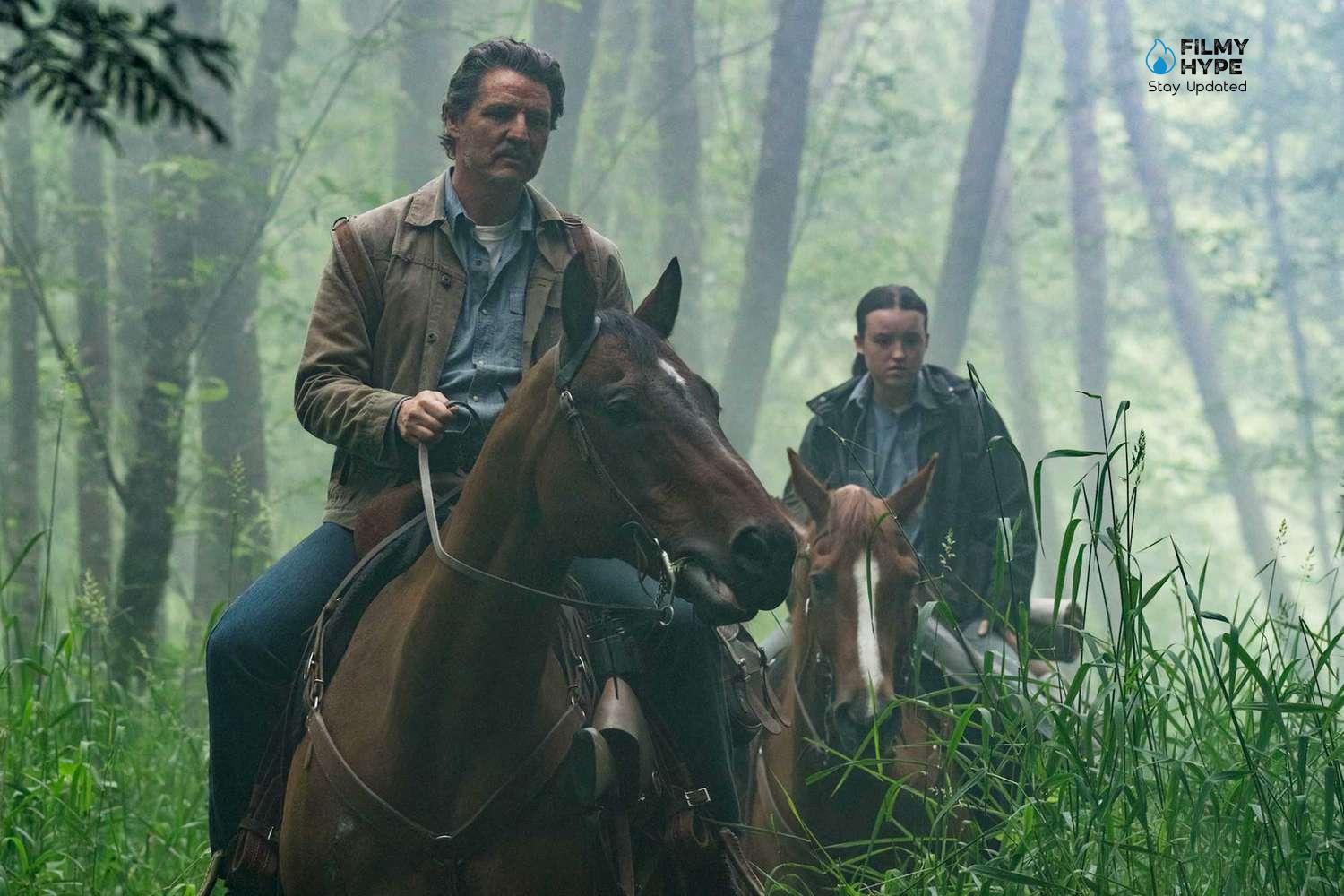
The Last of Us Season 2 Episode 6: A Void Difficult to Fill
Since Joel’s death in episode 2, the second season has gone through a complex phase. Despite the visual intensity, the action sequences, and the acting commitment of Bella Ramsey, something has changed: the heart of the story seems to beat less strongly. Episodes 3, 4 and 5 did not have the same emotional impact as in the first season: despite being focused on Ellie’s journey in search of Abby, the representation of her trauma and her desire for revenge – so burning and fundamental in the game – is not as effective as it would be necessary.
The problem is not in the quality of the interpretations or the direction, but in the narrative direction taken from this second season (why is Ellie still so “little” angry?) that in the absence of a recognizable emotional center. Joel was at that center. It was the point of reference, not only for Ellie, but also for the viewer. Without him, the narration sometimes seems to get lost, oscillating between moments of great tension and more confusing and less engaging passages. The online reactions confirm this: episode 6 was among the most appreciated of the season, precisely because it brought Pedro Pascal’s face and voice to the scene, even if only for a short time.
Ellie Alone: A Narrative Still Under Construction
Ellie’s path, from a protected girl to a solitary avenger, is one of the most important hubs of the gaming franchise. Yet, as we said, in the series, this transition appears less effective than in the video game. Where gameplay immersed us in Ellie’s pain and anger, the TV series struggles to fully show her inner descent, the loss of innocence, the sense of guilt, and bewilderment. The presence of Dina (Isabela Merced) as a travel companion has opened up to new dynamics, but it was not enough to fill Joel’s absence. Ellie is a complex character, but writing so far has not offered her an equally strong emotional deepening. And the comparison with the first season is inevitable.
However, the final turn of episode five, which we review in the moving epilogue of the sixth, could represent the definitive breaking point. A key moment that marks the beginning of its true transformation. The series seems to suggest that the crazy need for revenge is finally emerging, which in the video game drags Ellie towards a dark, brutal, and deeply human path. If developed with courage, this direction could restore to the character the complexity and narrative strength that have so far been lacking. But here another problem arises: how long will we have to wait to fully appreciate this transformation?
The Third Season and the “Abby Problem”
It has been officially confirmed: the third season will focus on Abby, the key character of the second chapter of the video game. A courageous narrative choice, but one that poses real questions for the future of the series. Those who have not played The Last of Us Part II will suddenly find themselves immersed in the history of an unknown figure, linked to traumatic and controversial events — the death of Joel — and destined to collect a narrative legacy difficult to accept. In the video game, the second part was deeply divisive precisely for this reason: Abby is a difficult character, who asks the viewer (and the player) for an active effort of empathy. Its narrative arc is based on the reversal of perspective, on the humanization of the “enemy”. But this transition is not immediate and requires time, space, and delicacy. Will the series build that same connection, especially for an audience that doesn’t already know the story?
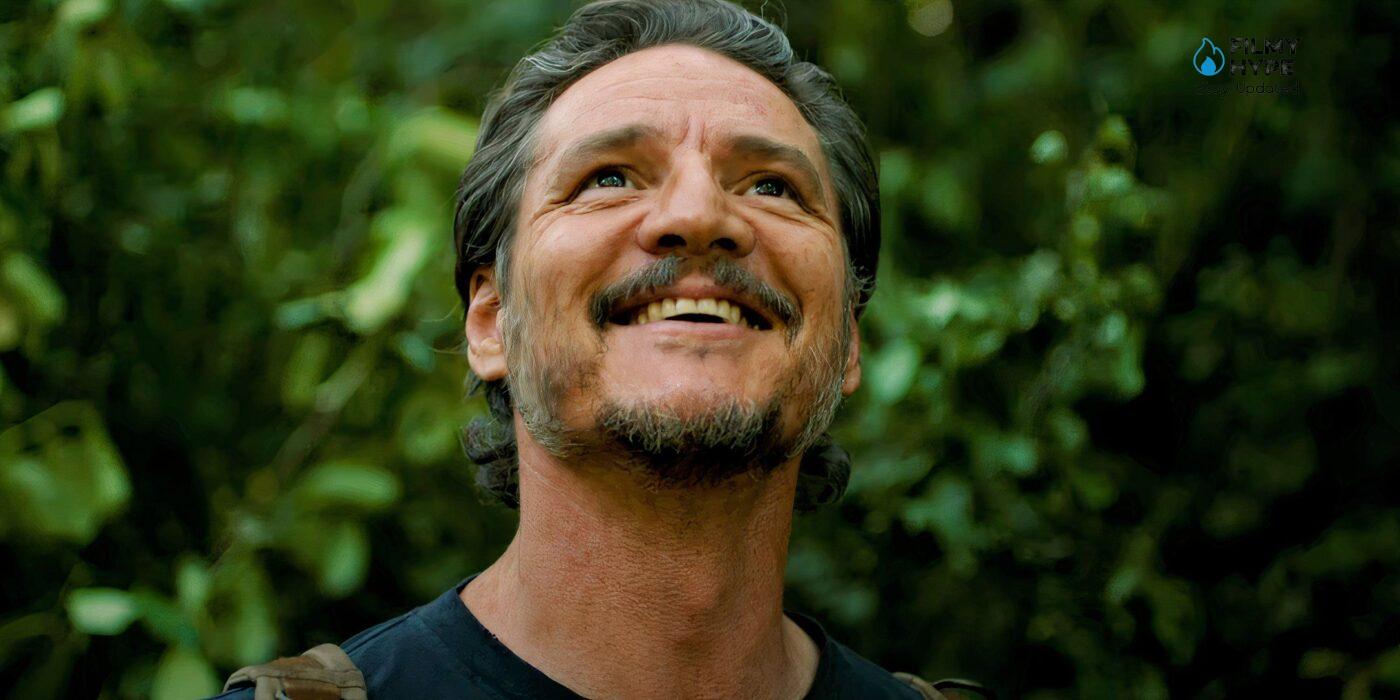
At this point, a crucial question arises: does it make sense to bring Ellie only at the end of the season to a point of rupture, loss of control, and vindictive anger, knowing that in the next season the narrative focus will move entirely on Abby? There is a risk that the viewer will lose contact with Ellie just when he begins to understand her, and is then called to embrace a new protagonist that is equally complex, but still foreign. Removing Joel too early and dividing the attention between unconsolidated characters could weaken the emotional strength that made The Last of Us a unique story. The heart of the series is not action, nor the virus, but bonds. And if new solid and credible identification points are not built, the series risks fragmenting.
Is Joel Still Needed to Make The Last of Us Work?
Episode 6 was a powerful reminder: Joel wasn’t just a character. It was the emotional heart of the series. His absence is not only narrative, but symbolic. He left a void that, for now, no one else has managed to fill. Ellie, despite being an extraordinarily written and interpreted character, is still in transition: from a saved girl to a woman who chooses to face the pain with her own strength. But that passage, without the contrast with Joel, seems incomplete. The series is looking for new balances, new strong figures on which to build the future of the story. Abby will be a challenge: emotional for fans, writing for authors. But if you can’t restore such an intense bond as Joel and Ellie, The Last of Us is likely to become another survival story, beautiful to look at but less incisive from a “feeling”. The Last of Us is a story about love, sacrifice, and guilt. And Joel embodied all this. The real challenge of the coming seasons will be to build new, strong bonds, new moral dilemmas capable of involving the viewer with the same intensity. But comparison with “when Joel” was still there will be inevitable. And for many, Pedro Pascal will remain the face of a lost humanity, which we still miss terribly.


